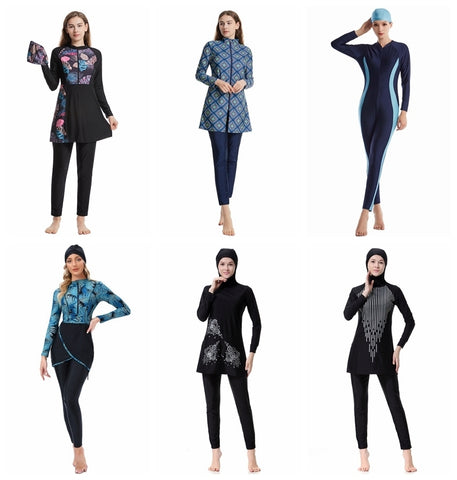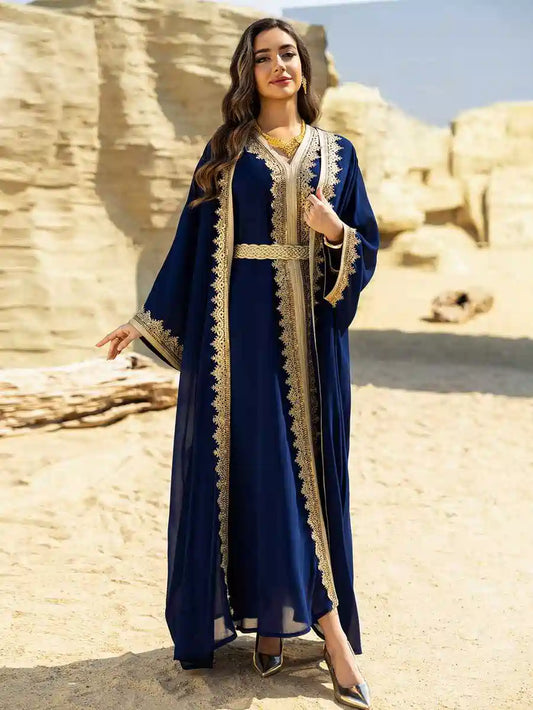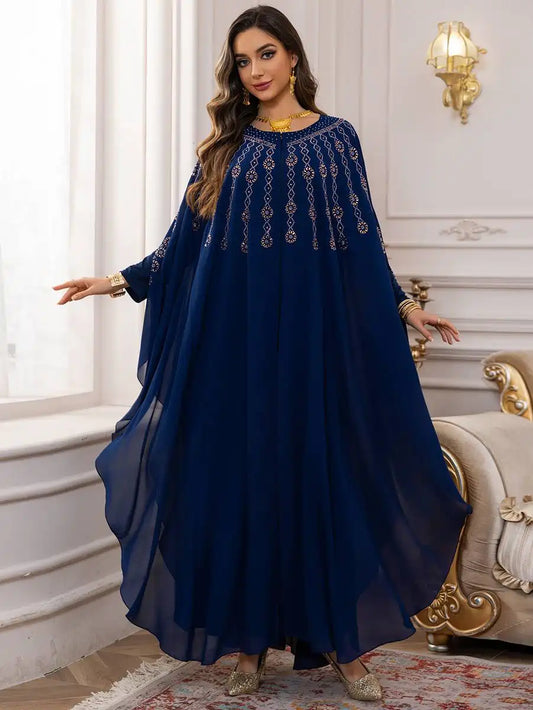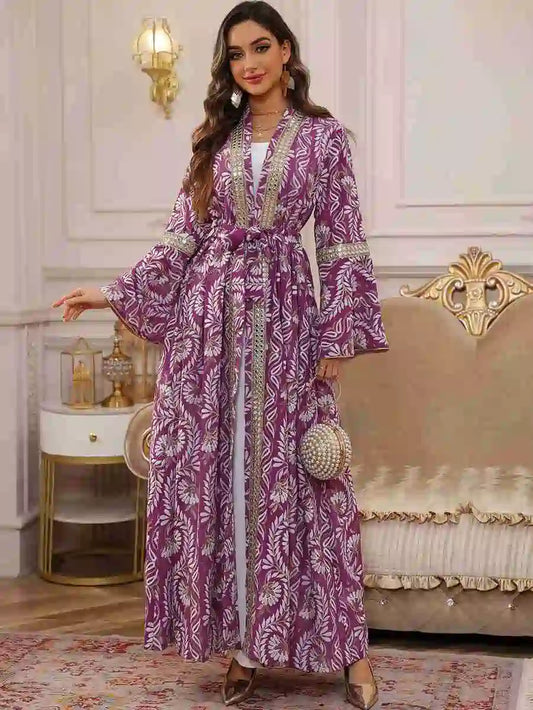The Burkini: Modest Swimwear for Muslim Women
Muslim women who want to swim and enjoy beach activities while adhering to Islamic dress codes often struggle to find suitable swimwear options. The burkini, a term combining 'burka' and 'bikini', provides the perfect solution. It allows Muslim women to participate freely in swimming and beach sports without compromising their religious beliefs.
Click the link to get the burkinis
What is a Burkini?
A burkini is a type of modest swimsuit designed for Muslim women. It covers the entire body except for the face, hands, and feet, consisting of a top and bottom that is paired with a headscarf. The fabric is made of swimwear material like polyester and the design includes form-fitting sections to allow freedom of movement in the water. Some burkinis also have built-in hijab caps or hoods to cover the hair.
Burkinis come in a range of styles - some are two-pieces with a separate top and pants while others are one-piece suits. Most provide coverage of torso, arms, and legs but some are more loose-fitting like Islamic abayas. The level of coverage can vary based on personal religious interpretations and preferences. Colors and patterns also vary widely from basic black to bright colors to floral prints.
Why Choose a Burkini?
• It adheres to Islamic dress requirements for women as stipulated in the Quran. The burkini allows Muslim women to swim comfortably while respecting religious codes of modesty.
• It promotes inclusiveness. The burkini makes swimming and beach activities accessible to Muslim women who may otherwise be excluded due to religious attire. This inclusiveness and diversity should be encouraged.
• It inspires confidence. For some Muslim women, burkinis give them the freedom and confidence to enjoy swimming without compromising their faith or identity.
• It avoids stigma and prejudice. Burkinis can help counter stereotypes and normalization of excessive skin exposure. They make it clear that there is no single definition of modesty or freedom.
• It provides sun protection. Burkinis offer protection from sun exposure during swimming and beach activities. This can help reduce risks of skin damage and skin cancers.
In summary, the burkini opens up opportunities for Muslim women to participate in swimming and beach-side recreation alongside people of other faiths. It is a symbol of inclusiveness, diversity and empowerment. The burkini allows women to practice their faith freely in the public space, not having to choose between their religious values and their desire to live actively. It gives Muslim women autonomy over their bodies and their clothing choices. The burkini deserves acceptance and respect.





